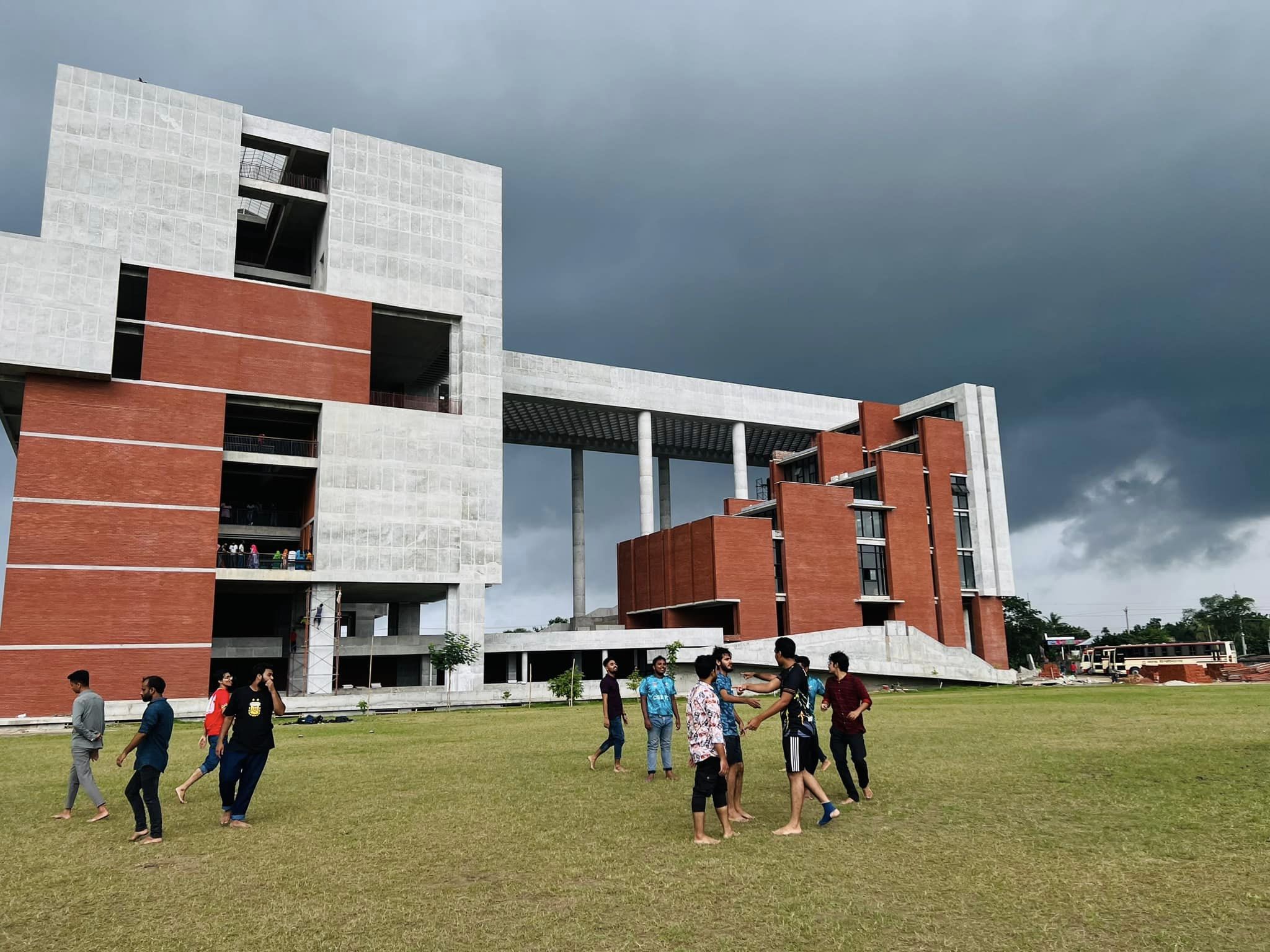
.jpg)
Professor Emeritus, University of Tokyo, Japan
Speech prosody and its modeling
In recent years, great progress has been made in artificial intelligence, and now machines can hear and speak like humans. However, this technology relies on huge amounts of data collected in situations similar to those in which the applications will be used. As for speech output, while high-quality has been realized for “well-formed” reading style speech, researchers are struggling to increase expressiveness and add variances (i.e. various utterance styles) in generated speech without relying on a huge speech corpus. Generally speaking, speech has two features: segmental and supra-segmental. The former plays a dominant role in conveying the linguistic content of utterances, while the latter, which is often called as prosody, plays an important role in highlighting important words, expressing speaker’s intentions and emotions, regulating turns in conversation, and so on. Researches on prosody is important in realizing expressing/affective speech like humans. In the talk, I will first explain speech prosody including how it contributes in human communications, and then introduce a quantitative model for fundamental frequency contours, which are the most important physical features of prosody. The talk will present some analysis results, and demonstrate how the model can be applied in language/pronunciation learning and speech synthesis.
Keikichi Hirose received the Ph. D. degree in electronic engineering in 1977 from the University of Tokyo. He was a professor of the University of Tokyo from 1994. He retired in 2015, and received Professor of Emeritus title. From March 1987 to January 1988, he was Visiting Scientist at the Research Laboratory of Electronics, Massachusetts Institute of Technology, Cambridge, U.S.A. He served as a project professor at National Institute of Informatics during June 2019 - March 2023. He has been engaged in a wide range of research on spoken language processing, including analysis, synthesis, recognition, dialogue systems, and computer-assisted language learning. From 2000 to 2004, he was Principal Investigator of the national project “Realization of advanced spoken language information processing utilizing prosodic features.” He served as the general chair for INTERSPEECH 2010, Makuhari, Japan. Since 2010, he served as the Chair of ISCA SProSIG until 2018. Also, he served as a board member of ISCA during 2009-2017. He is a member of International Advisory Council from January 2021 (to 2024). He received ISCA fellow grade in 2018. He became an honorary member, Polish Phonetic Association, in 2013. For his long-term and remarkable contribution to spoken language processing, he received Achievement Award from Acoustical Society of Japan in 2020. In 2015, he was honored as a Named Person of Merit in Science and Technology by the Mayor of Tokyo.
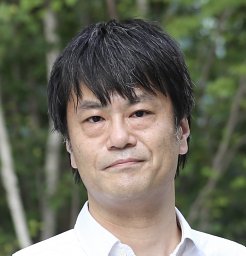
Professor, Tokyo University of Agriculture and Technology, Japan
Toshihisa Tanaka is a Professor at the Tokyo University of Agriculture and Technology in Japan, specializing in signal processing, biomedical engineering, and biosignal informatics. His research focuses on developing advanced methods for processing and interpreting biological signals (such as ECG, EEG, etc.), integrating computational techniques with medical-engineering challenges. Over his career, he has amassed thousands of citations, reflecting his influence in the area of biomedical signal processing. Tanaka actively collaborates with both engineering and medical researchers, bridging the gap between algorithm development and clinical/biomedical application. His lab often publishes papers on topics like noise-robust biosignal extraction, wearable sensor data analysis, and signal adaptation in healthcare monitoring systems.
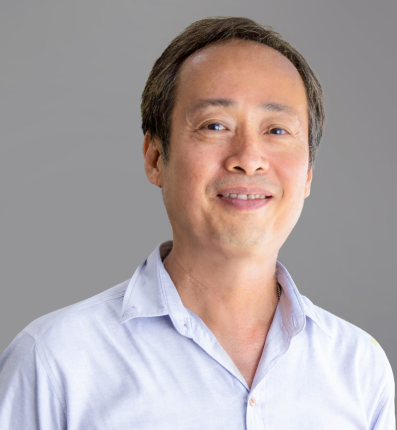
Professor at King Mongkut’s University of Technology Thonburi (KMUTT)
Dr. Kosin Chamnongthai is an adjunct Professor at Cambodia Academy of Digital Technlogy (CADT) and a Professor at King Mongkut’s University of Technology Thonburi (KMUTT), Bangkok, Thailand. He received a B.Eng in Applied Electronics from the University of Electro-Communications in 1985, an M.Eng in Electrical Engineering from Nippon Institute of Technology in 1987, and a Ph.D. in Electrical Engineering from Keio University in 1991.
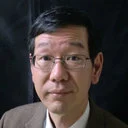
Professor at Kyushu Insitute of Technology, Japan, Iizuka
Prof. Edmund Soji Otabe currently works at the Computer Science and Electronics, Kyushu Insitute of Technology, Japan, Iizuka. He does research in Superconductor, Materials Science, Solid State Physics and Condensed Matter Physics. Their current project is 'Superconducting joint for High Tc materials (JST MIRAI)'.
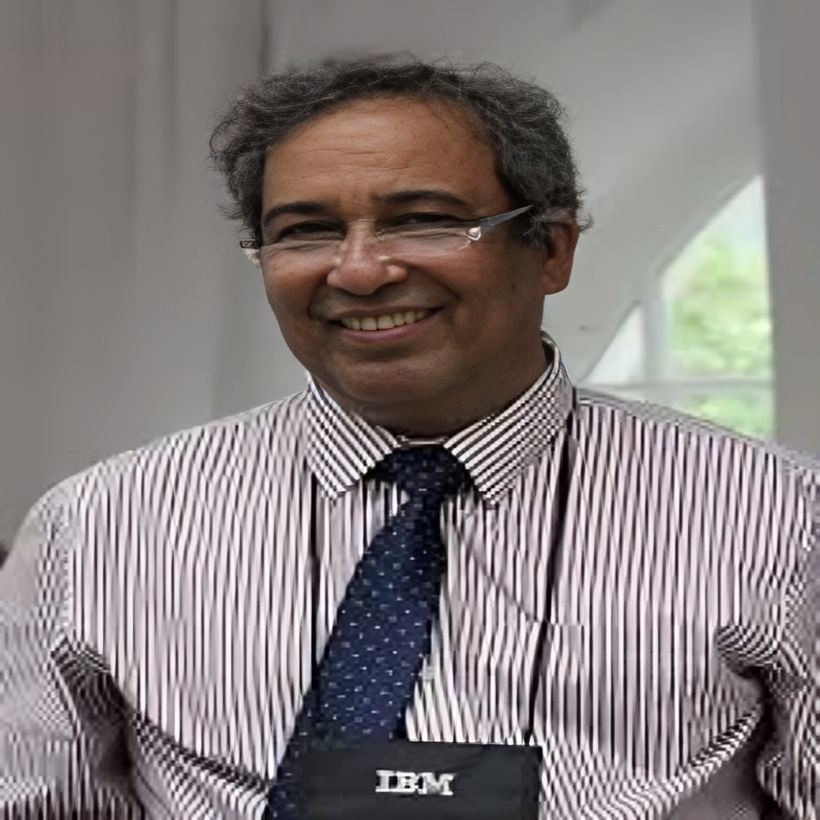
Distinguished Professor, Brac University Bangladesh
Dr Mohammad Kaykobad, born on 1 May, 1954 at Jabra, Manikganj. He received M.S.(Hons.) in Engineering from OMEI, now Odessa State Maritime University, in 1979. In 1982 he received an M.Eng. Degree from AIT, Thailand, and Ph.D from the Flinders University of South Australia in 1988. Dr Kaykobad is a Fellow of Bangladesh Academy of Sciences(BAS), and was an Associate Secretary of its Executive Council. Dr Kaykobad was a Professor at CSE Department, BUET since 1997, and served as its Head during 1996-1999. Since 2020 after retirement from BUET Dr Kaykoabd is a Distinguished Professor of CSE department, Brac University. He published over 40 research papers in Physical Review, International Journals of Computer Mathematics, Computers & Operations Research, Computers & Mathematics with Applications, Linear Algebra & Its Applications, Information Processing Letters, Information Processing and Management, Applied Mathematics E-Notes, Journal of Computing and Information Technology, Electronic Notes in Discrete Mathematics, Journal of International Olympiad in Informatics and Computers & Graphics. He authored, coauthored or edited 13 books. Many of these books are for inspiring young students develop either programming or mathematics skill or for developing patriotism. He is a guest co-editor of the proceedings of International Conference on Computer and Information Technology (ICCIT 2009) published by Academy Publisher. Dr Kaykobad was the Organizing Chair of the first ever international computer conference ICCIT held in the soil of Bangladesh. He is also the Chair of the Steering Committee for Workshop on Algorithms (WALCOM) proceedings of which are published as Lecture Notes in Computer Science by Springer. He has guided more than a dozen undergraduate students whose research works were published in journals of international repute. Dr. Kaykobad participated as a Resource Person in Workshop on Science Communication sponsored by COSTED and UNESCO held at Goa during 18-23 November, 2001. He is a frequent column writer in National Dailies authoring over 300 articles, most of which are related to education of the country. He has been one of the pioneers in introducing Mathematics Olympiad, Olympiad in Informatics and Science Olympiad in Bangladesh. He has been leading Bangladesh IOI team since 2008 from which Bangladesh received a silver medal in 2008 from Bulgaria, 2 bronze medals in 2012 from Italy and one from Australia. He was director of ICPC Asia Region Dhaka site during 2001-2003. He was the Chief Judge of IIT Kanpur Asia Region Site of ICPC in 2010, 2011 and 2013. He was adjudged as the outstanding coach of ICPC in 2002 at Honolulu, Hawaii. He was the only Senior Coach award recipient at the World Finals of ICPC held at St. Petersburg, Russia in 2013. He was awarded ICPC Lifetime Foundation Coach Award in 2019 at Porto, Portugal. He was also awarded a gold medal by Bangladesh Physics Olympiad. Dr Kaykobad participated in the famous Heidelberg Laureate Forum in 2013. Dr Kaykobad was a Visiting Professor at the CSE Department, the Chinese University of Hong Kong, at Kyung Hee University, Korea, ANU and Monash University, Australia and Amritapuri University, India. In year 2005 the President of the country presented him with a Gold Medal awarded by Bangladesh Computer Society for his contribution to computer programming culture in the country. In year 2006 He won BAS Gold Medal for physical sciences in the senior group which was awarded by the Prime Minister of the country. Dr Kaykobad is a member of the Executive Council of Bangla Academy. Dr Kaykobad has been playing active role in the computerization of both public and private enterprises. He worked as a Director of Dhaka and Chittagong Stock Exchanges for many years. Currently he is an independent director of Sonali Bank PLC. Dr Kaykobad is a member of Academic Council and Syndicate of several universities, and Selection Board Member of SAU, New Deli, India.
.jpg)
Professor and Chair, Jefferson-Pilot/Ron McNair Endowed Chair, Department of Computer Science North Carolina A&T State University, NC, USA
Dr. Kaushik Roy is a Professor and Chair in the Department of Computer Science at North Carolina A&T State University (NCAT). Dr. Roy holds a Jefferson-Pilot/Ron McNair Endowed Chair position in the Department of Computer Science. Dr. Roy has been the PI/Co-PI on $31M (as a PI $14M) in research grants funded by the NSF, DoD, DoE and industry partners. His current research is heavily focused on AI-enhanced cybersecurity, IoT, cyber-physical systems, cyber identity, biometrics, AI and machine learning, and data science. He has over 215 publications, including 63 journal articles and a book. Dr. Roy is the director of the Center for Cyber Defense. Dr. Roy directs the Center for Trustworthy AI. Dr. Roy also directs the Cyber Defense and AI lab. Dr. Roy is an Associate Editor of IEEE Security & Privacy. He received the University’s Senior Researcher of the Year Award for 2025, which is regarded as the highest research award at the university.
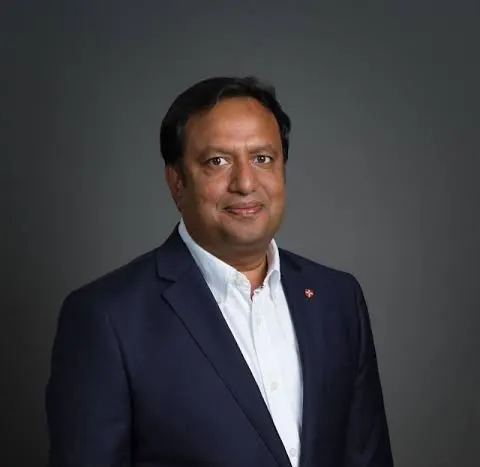
Program Lead and Director, AI and Digital Health Technology, USA. Professor, Washington University of Science & Technology, USA. Senior Fellow, University of Queensland.
Dr. Mohammad Ali Moni is an accomplished academic and researcher in the field of health informatics, bioinformatics, and artificial intelligence in medicine. He is currently based in Australia and works with leading universities including the University of New South Wales (UNSW), Sydney, and the University of Sydney. Dr. Moni has a strong background in computer science, data science, and biomedical research, with expertise in applying AI, machine learning, and big data analytics to healthcare problems such as cancer, chronic diseases, and genomics. His work bridges technology and medicine, contributing to precision healthcare and personalized medicine. Over his career, he has published widely in reputed international journals and conferences, collaborated in global research projects, and received recognition for his impactful contributions to digital health and medical data analytics.
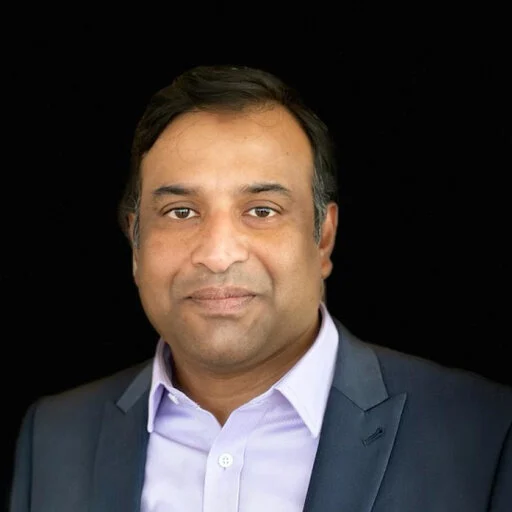
Associate Professor, James Watt School of Engineering, University of Glasgow
Rethinking Engineering Education in the Generative AI Era
The rapid emergence of Generative Artificial Intelligence (GenAI) is reshaping the landscape of engineering education, demanding a fundamental rethinking of how we teach, learn, and assess in the 21st century. This invited talk explores the transformative implications of GenAI for engineering programs, particularly within the context of developing nations where resource constraints coexist with immense opportunities for leapfrogging traditional barriers. GenAI has shifted the educational paradigm from knowledge transmission to knowledge transformation, enabling personalised learning, AI-augmented problem solving, and access to advanced simulations that were previously limited to well-funded institutions. However, this transformation raises critical questions about academic integrity, the relevance of traditional assessments, and the competencies future engineers require. The talk highlights the need for authentic, process-oriented, and creativity-driven assessment methods that emphasise human judgment, ethical reasoning, and real-world problem framing. It also addresses the evolving expectations of industry, where engineers must increasingly collaborate with AI systems and adapt to hybrid roles that blend technical expertise with communication, teamwork, and innovation. Finally, this talk offers a roadmap for educators and institutions to integrate GenAI responsibly and strategically. By reimagining curricula, empowering faculty, and strengthening academia–industry linkages, developing nations can prepare graduates who are not only employable in global and local markets but are also equipped to lead ethical and inclusive technological advancement.
Dr. Faisal Tariq is an Associate Professor at the James Watt School of Engineering, University of Glasgow (UofG). A Senior Member of IEEE, he previously served as the Chair of the UK & Ireland Section of the Vehicular Technology Society. He is also a Fellow of the UK Higher Education Academy, underscoring his commitment to excellence in teaching and academic leadership. Bringing a wealth of academic and professional experience, Dr. Tariq has held key faculty positions at Queen Mary University of London (QMUL) and conducted research at world-renowned institutions such as Chalmers University of Technology (Sweden), Aalborg University (Denmark), and the National Institute of Informatics (Japan). Dr. Tariq is an internationally recognised expert in 6G technology and the application of Artificial Intelligence (AI) in engineering. He has edited four influential books covering topics such as mobile applications, 6G communications, AI in healthcare, and smart manufacturing. His scholarly contributions include around 50 peer-reviewed publications in top-tier journals and international conferences, and he has delivered keynote speeches at prestigious international conferences and workshops worldwide.
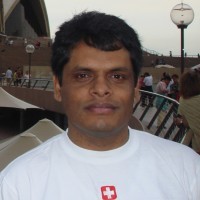
Senior Network Engineer, IBM
The rapid explosion of Artificial Intelligence (AI) workloads utilizing a growing number of accelerators has placed unprecedented demand on the network. These workloads typically leverage RDMA and require a high-performance network fabric. While many purpose-built/proprietary networking solutions, e.g., Infiniband networks, provide high performance but they expensive to build and operate and does not support application diversity. In this talk, we will first discuss the challenges of designing a high-performance network for private data centers at scales supporting a wide range of workloads over RoCE and TCP using off-the-shelf hardware and software. We will then discuss the network control plane and routing protocols that accommodate flexible reliability and performance requirements. We deployed our solution to a number of GPU clusters spanning multiple racks of servers with Nvidia's H100 8 GPUs and 8 Mellanox 400G dual-port CX7 NICs per server using a 2-stage Clos topology. Using network micro-benchmarks and NCCL benchmarcks that mimic the demands of LLM model training, our results show that the network sustains near-line-rate throughput under traffic patterns where up to 100% of the traffic traverses the spine layer. In production deployments, running LLM training jobs for months, we observe that our RoCE network achieve similar performance compared to Infiniband networks.
Dr. Abdul Alim is a Staff Research Scientist at the IBM Thomas J. Watson Research Center in Yorktown Heights, NY. He works on the design and implementation of high-performance networks for AI infrastructures. Prior to this role, he contributed to IBM Cloud, where he designed and implemented virtual network functions—such as network load balancers—and various network services for the IBM Cloud platform. Dr. Alim graduated from the University of Rajshahi in Bangladesh, earning a Bachelor’s degree in Computer Science in 1999 and a Master’s degree in Computer Science in 2001. He later completed a second Master’s degree in Computer Science from the University of Northern British Columbia, Canada, in 2007, followed by a PhD in Computer Science from the University of Cambridge, UK, in 2011. After completing his PhD, he worked as a post-doctoral researcher at the University of Lancaster, UK, and subsequently at Imperial College London, UK.
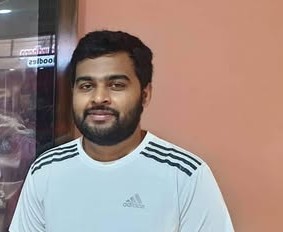
Senior Software Engineer (SRE), Google
Systems, especially the complex ones, fail all the time. This talk provides a multi-phase methodology used to manage and resolve technical incidents effectively. Incident responses have six-different phases: preparation (preventive measures and planning), identification (detection and verification of an event), containment (limiting the impact), eradication (addressing the root cause), recovery (restoring the full functionality), and post-mortem (review and lesson learned). The time-tested process made Google resilient: from dealing with common system overload to rare cosmic-ray bit flip.
Shakil Ahamed is a Senior Software Engineer at Google, working at the largest distributed storage system on the planet. He completed his B.Sc. in Computer Science and Engineering at University of Rajshahi, Bangladesh (year 2014-2018) before starting his career at Enosis Solutions as a Software Engineer. In 2022, he joined Google Ireland.
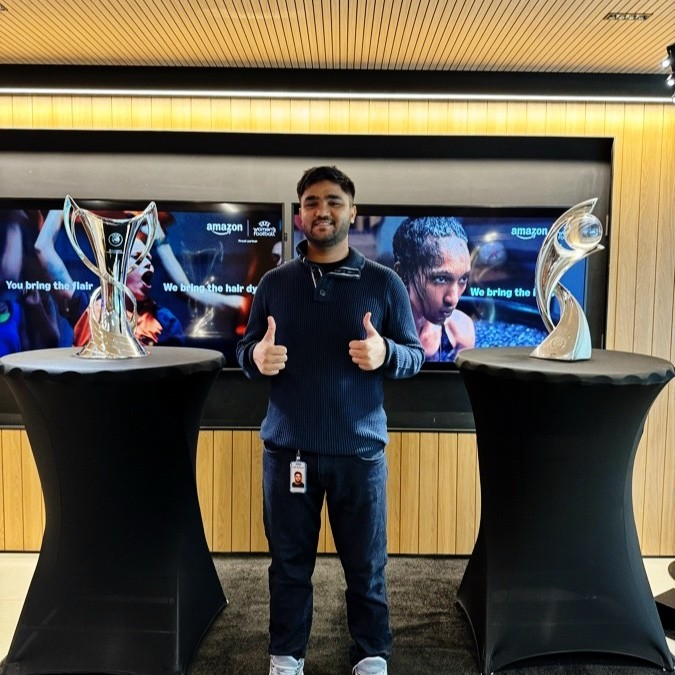
Software Development Engineer, Amazon
Amazon’s phenomenal growth from an online bookstore to a global technology giant is often attributed to its engineering prowess. However, the true "architecture" behind this success is a unique leadership culture that scales with the business. This talk will explore how Amazon's core leadership principles and mechanisms – typically used for problem-solving and process improvement – create a resilient, high-performance environment. I will delve into specific engineering practices that foster individual ownership and career growth, explaining how these principles translate into daily operations within Amazon. Attendees will gain actionable insights into implementing scalable leadership architectures in their own organizations, impacting both people and processes, and driving sustainable individual and team growth.
Rafsan Jany is a Software Development Engineer at the Amazon European Headquarters in Luxembourg. Over the past two and a half years, he has been an integral member of high-impact engineering teams, focusing on building scalable and resilient systems that power core Amazon services. His expertise lies in translating Amazon’s renowned leadership culture into practical architectural solutions for complex technical challenges. He believes that strong leadership frameworks serve as the ultimate “architecture” for driving team success and fostering individual growth.
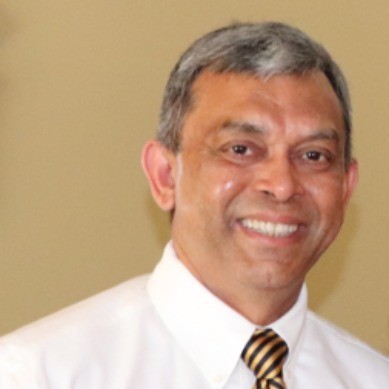
IT Delivery Lead (Informatics), Blue Cross Blue Shield of Michigan
The IT project delivery framework unfolds through four clear stages. It begins with Inception, where the project’s purpose and broad functionalities are outlined. A Rough Order of Magnitude is then prepared and submitted for business approval. Once the budget and funding roadmap receive approval, the Initiation phase begins. Here, teams define detailed requirements and prepare refined estimates. With the confirmed scope and funding, the process advances to Execution, where development (agile or waterfall) takes shape through coding, unit testing, system testing, and user acceptance testing. After successful User Acceptance Testing, the solution moves into production. When the system stabilizes and performs as intended, the project reaches its Closure, completing the full cycle of the delivery framework.
Mr. Mostofa has spent more than twenty-five years leading complex IT programs and projects across ERP planning and deployment, data warehousing and Databricks, business and system integration, and analytics. He guides diverse teams spread across continents and time zones, managing multi-million-dollar budgets to deliver successful outcomes. He currently lives in Canton, Michigan, where he serves as an IT Delivery Lead at Blue Cross Blue Shield of Michigan.
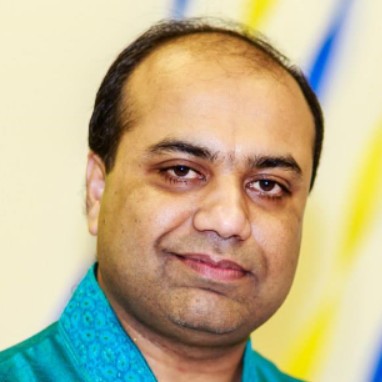
Senior Systems Engineer, General Motors
Maruf Monwar is a highly accomplished professional in the field of computer vision and automotive systems engineering, with nearly two decades of experience in research, development, and leadership roles across leading global companies. He is currently serving as a Senior Systems Engineer at General Motors (Nov 2021 – Present), where he has been contributing for almost four years. Prior to this role, he worked as a Staff Systems Engineer at Magna Electronics Limited (Mar 2021 – Sep 2021).Earlier in his career, Maruf made significant contributions at Veoneer, where he held multiple positions including Principal Engineer (Jan 2019 – Feb 2021) and Software Engineer – Computer Vision (Jul 2018 – Dec 2018). Before Veoneer, he worked at Autoliv (Sep 2016 – Jun 2018) as a Software Engineer – Computer Vision, and at Dura Automotive Systems LLC (May 2016 – Aug 2016) as a Senior Software Engineer. Maruf’s academic journey is equally impressive. He earned his PhD in Computer Science (2007 – 2011) from the University of Calgary, Canada, following his Master’s degree in Computer Science (2005 – 2006) from the University of Northern British Columbia. Throughout his career, Maruf has focused on advancing computer vision technologies, software engineering, and system design within the automotive industry, playing pivotal roles in safety, automation, and intelligent systems development. His expertise and leadership continue to shape innovative solutions in the evolving landscape of automotive engineering.
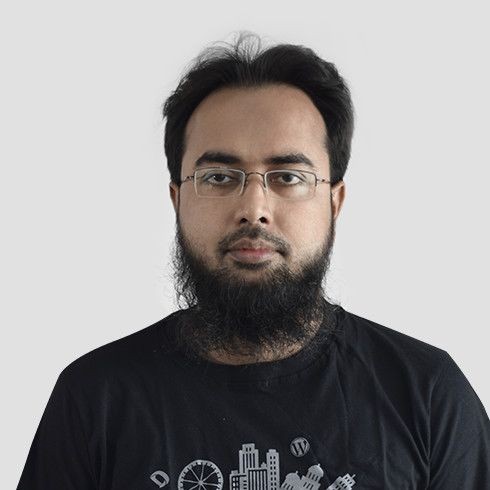
Co-Founder & Chief Executive Officer, weDevs
Md. Nizam Uddin is a distinguished technology entrepreneur and the Co-Founder & Chief Executive Officer of weDevs, a globally recognized software company best known for developing Dokan, the world’s leading multivendor marketplace solution. He earned his Bachelor of Science in Computer Science and Engineering from Rajshahi University, where he was actively involved in programming and web development communities. Since the beginning of his career, Nizam has played a pivotal role in shaping Bangladesh’s digital innovation landscape by founding and leading multiple ventures across diverse sectors, including Banglancer, Saajghor, and Rx71 Limited, the country’s first comprehensive digital health platform. He has also co-founded and directed initiatives such as WP ERP, Inc., TEDFO Bangladesh Limited, and Enzaime, with missions spanning from enterprise resource planning to accessible and affordable healthcare. In addition, he serves in leadership roles at Sokrio Technologies Limited and Kahf Yazılım A.Ş., the latter focusing on eliminating harmful online content from the digital space. With professional proficiency in both Bengali and English, and technical expertise in web development, programming, artificial intelligence, and systems design, Nizam Uddin combines deep technical knowledge with strategic business acumen. His career reflects a strong commitment to creating innovative digital solutions that address real-world challenges, enhance efficiency, and improve the quality of life for people around the world.
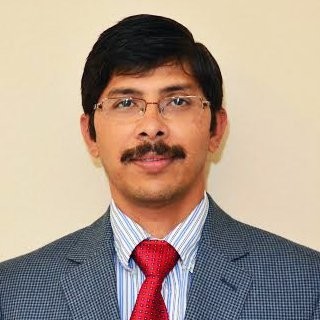
Principal Member of Technical Staff , AMD
Mohammed Islam is a seasoned semiconductor design and test expert with over 24 years of experience in DFT (Design for Testability), verification, and silicon validation. He is currently a Principal Member of Technical Staff at AMD, where he develops advanced DFT methodologies to enhance product quality and reduce test cost. Previously, he held senior roles at Samsung Electronics, Silicon Labs, Qualcomm, and Intel, contributing to innovations in scan testing, MBIST, LBIST, ATPG, low-power design, and silicon bring-up. With strong expertise in VLSI, SoC, ASIC design, and high-speed I/O testing, Mr. Islam has been instrumental in driving DFT standardization and CAD infrastructure. He holds master’s degrees from the University of Central Florida and Rajshahi University, Bangladesh (first class first in science faculty), and is widely recognized for his technical leadership, analytical skills, and contributions to semiconductor test technology.
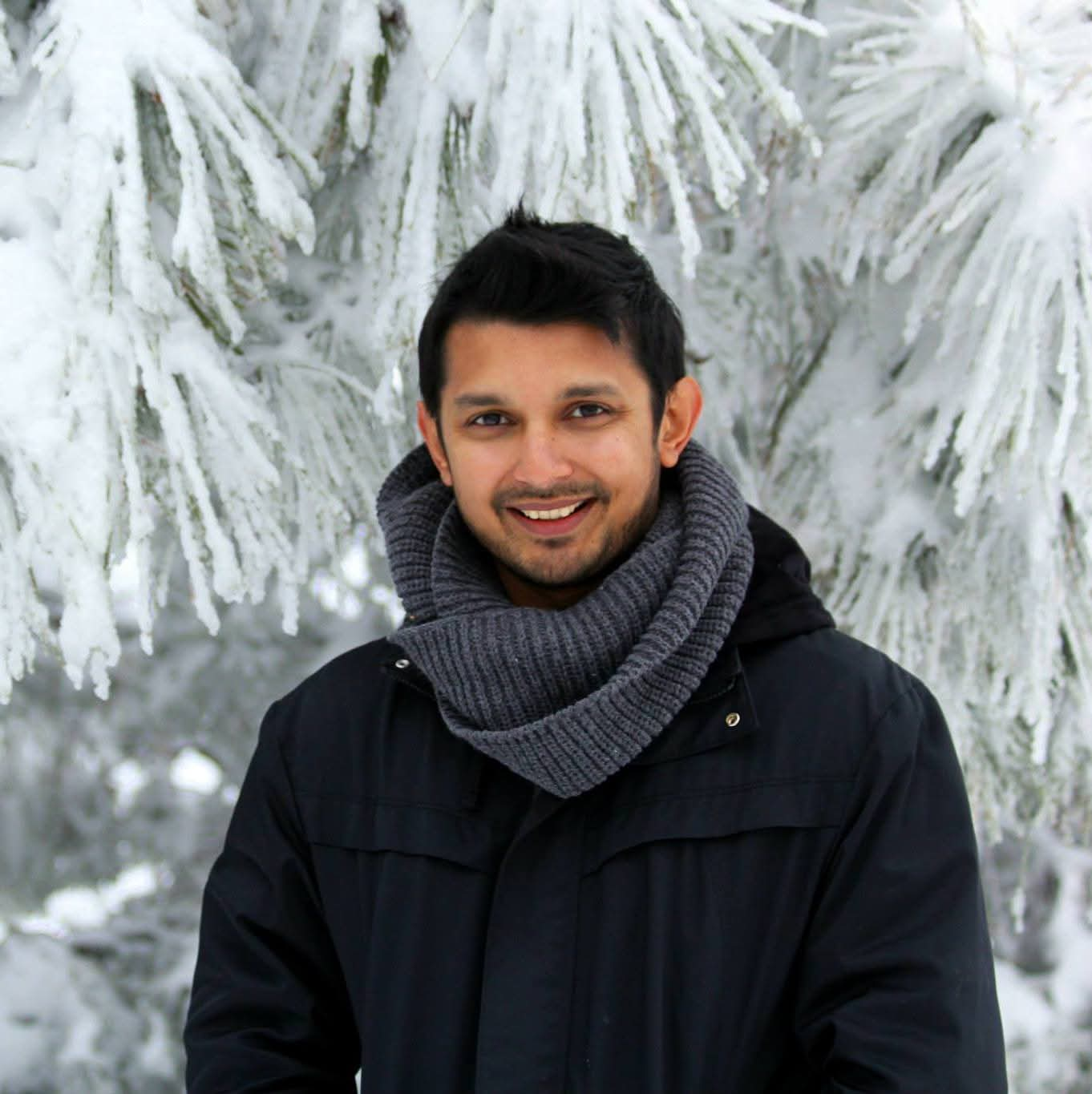
R&D Engineering Manager at Intel Corporation
Gazi Saurav Islam is an R&D Engineering Manager at Intel Corporation, where he has spent the past 12 years leading teams focused on testing and validating next-generation microprocessors. He holds a PhD in Biomedical Informatics and has authored more than 10 peer-reviewed publications in the field. Gazi spent his childhood on the Rajshahi University campus and completed his schooling at RU School & College before pursuing Bachelor’s degree in Electrical and Electronic Engineering from the Islamic University of Technology.
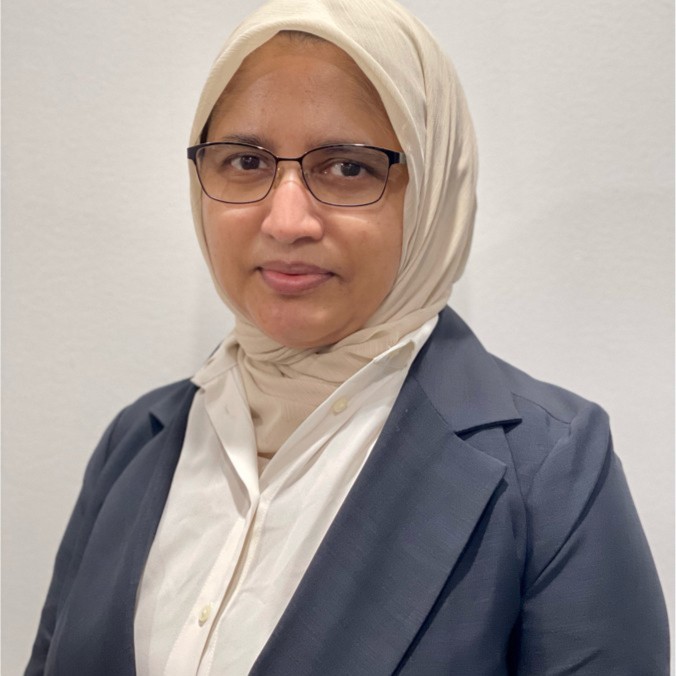
Global Technical Director, AMCA International
As global technical director for Air Movement and Control Association (AMCA) International, Nazme Mohsina is responsible for driving integrity, consistency, and quality in the establishment and application of product-testing and certification requirements. Additionally, she provides leadership to achieve technical objectives and operational goals and serves as an arbitrator in technical appeals related to standards and functions. She has a bachelor’s degree in electrical and electronic engineering from Bangladesh University of Engineering and Technology and a master’s degree in electrical engineering from the University of Dayton. In 2020, she was named to Engineered Systems magazine’s 20 to Watch: Women in HVAC list.